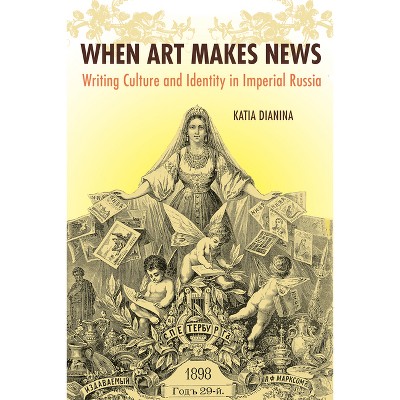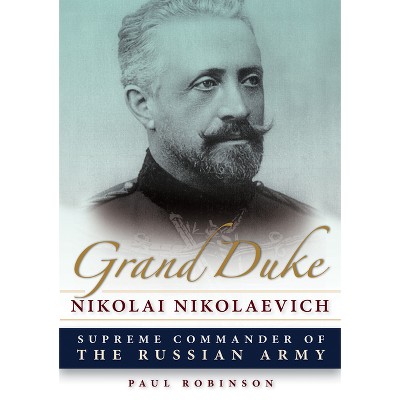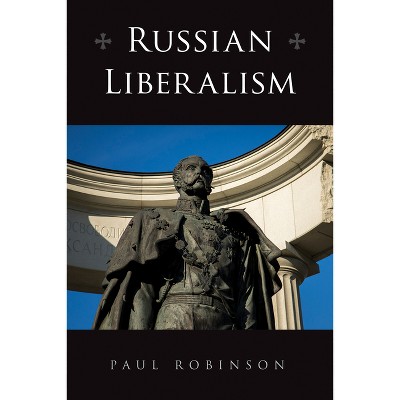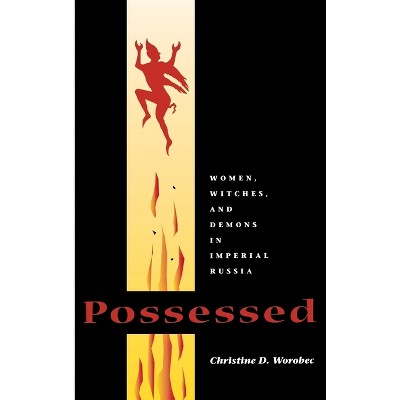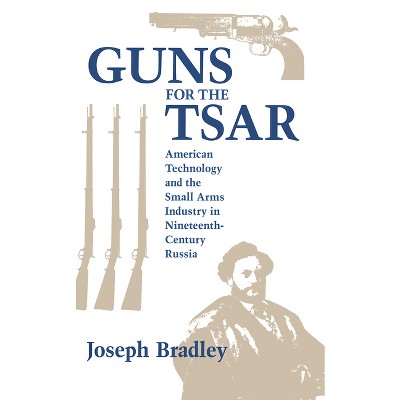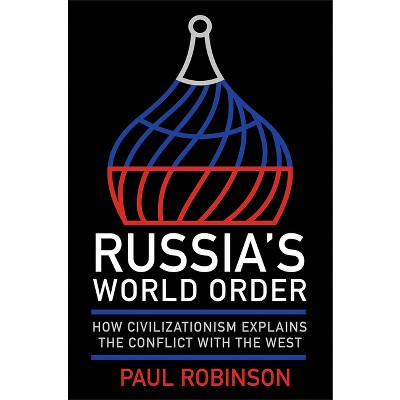Dynasty Divided - (Niu Slavic, East European, and Eurasian Studies) by Fabian Baumann (Paperback)

About this item
Highlights
- Winner of the W. Bruce Lincoln Book PrizeDynasty Divided uses the story of a prominent Kievan family of journalists, scholars, and politicians to analyze the emergence of rivaling nationalisms in nineteenth-century Ukraine, the most pivotal borderland of the Russian Empire.
- About the Author: Fabian Baumann is a research associate at the University of Heidelberg.
- 348 Pages
- History, Europe
- Series Name: Niu Slavic, East European, and Eurasian Studies
Description
About the Book
"This book is a study of rivaling nationalisms in nineteenth-century Kiev. It traces the story of the Shul'gin/Shul'hyn family, a political dynasty that split into Russian and Ukrainian nationalists, analyzing how they embraced national categories, cultivated their national self-images, and competed for the loyalties of Ukraine's population"--Book Synopsis
Winner of the W. Bruce Lincoln Book Prize
Dynasty Divided uses the story of a prominent Kievan family of journalists, scholars, and politicians to analyze the emergence of rivaling nationalisms in nineteenth-century Ukraine, the most pivotal borderland of the Russian Empire. The Shul'gins identified as Russians and defended the tsarist autocracy; the Shul'hyns identified as Ukrainians and supported peasant-oriented socialism. Fabian Baumann shows how these men and women consciously chose a political position and only then began their self-fashioning as members of a national community, defying the notion of nationalism as a direct consequence of ethnicity.
Baumann asks what made individuals into determined nationalists in the first place, revealing the close link to private lives, including intimate family dramas and scandals. He looks at how nationalism emerged from domestic spaces, and how women played an important (if often invisible) role in fin-de-siècle politics. Dynasty Divided explains how nineteenth-century Kievans cultivated their national self-images and how, by the twentieth century, Ukraine steered away from Russia. The two branches of this family of Russian nationalists and Ukrainian nationalists epitomize the struggles for modern Ukraine.
Review Quotes
Baumann's account is extraordinarily balanced, almost Solomonic.
-- "AB IMPERIO"This fascinating book studies the history of Ukrainian and Russian national projects in Ukraine during the late imperial and revolutionary periods through the comparative biographies of two branches of a single family... This innovative study will make a significant impact on the field.
-- "The Russian Review"Dynasty Divided provides a new perspective for the discussion of long-standing problems.
-- "Europe-Asia Studies"This book is a very important contribution to the ongoing debates about the nature of nationalism in Eastern Europe and in the Russian Empire as well as Russian-Ukrainian relationships.
-- "American Historical Review"A rich, thoughtful, well-written book. Anyone interested in the cultural and historical claims to Ukraine, in the dynamic life of an imperial periphery and its role in supporting - or breaking free from - that empire, in political and cultural life as a family project, and most broadly in nationalism as a contingent political choice for both women and men, must read it.
-- "Ab Imperio"Baumann presents a fascinating microhistorical account of one particular family situation in one particular imperial city, broadening our understanding of multi-edged nationalism, hybrid imperial contexts, and the omnipresent gray zones that affected the lives of individuals who decided to become nationalist activists. The attention to detail and innovative engagement with archival materials in the book are of particular value for historians of the era.
-- "H-Ukraine"Fabian Baumann's Dynasty Divided is a real breakthrough in the realm of the Russian-Ukrainian entangled history during the long nineteenth century. This elegantly written and dramatic book is an extraordinary achievement that must be read by all historians of Russian-ruled Ukraine and anyone interested in borderlands and nationalism in eastern Europe.
-- "HISTORY: Reviews of New Books"About the Author
Fabian Baumann is a research associate at the University of Heidelberg.






